Month: November 2022
Do not let children rely too much on the use of e-learning. Diversified learning is more helpful to enhance interest
- Post author By system
- Post date 01/11/2022


Written by: Director of Program Development, Carmen Leung
In the midst of the epidemic, there is a wide range of educational animations or online children’s programs for parents to choose from. Many parents also download different tablet apps for their children to use in the hope that they can learn through interactive or interesting images and sounds. Which animations and apps are good for children’s learning? What should parents pay attention to when using multimedia to help their children learn?
Time to use e-learning according to age
In early childhood, as the brain area responsible for coordinating the five senses is developing rapidly, I do not recommend children aged 0 to 2 years old to rely too much on TV or tablet computers for learning. This is because the images on the TV or tablet are flashing at a very high frequency, and children’s eyes and brains will unconsciously receive stimulation continuously, and over time, visual stimulation will become a habit, and brain development will be affected, resulting in reduced concentration.
Some parents say, “My child is very attentive when watching TV and playing with iPhone, but not when reading books, so I buy a lot of learning animations for her to watch. Have parents ever thought that if the eyes and brain are accustomed to constant stimulation, relatively static things such as books and teachers’ explanations will naturally become uninteresting, if you continue to let young children rely on rich images to learn, what to do if one day in the future they will need to face books?
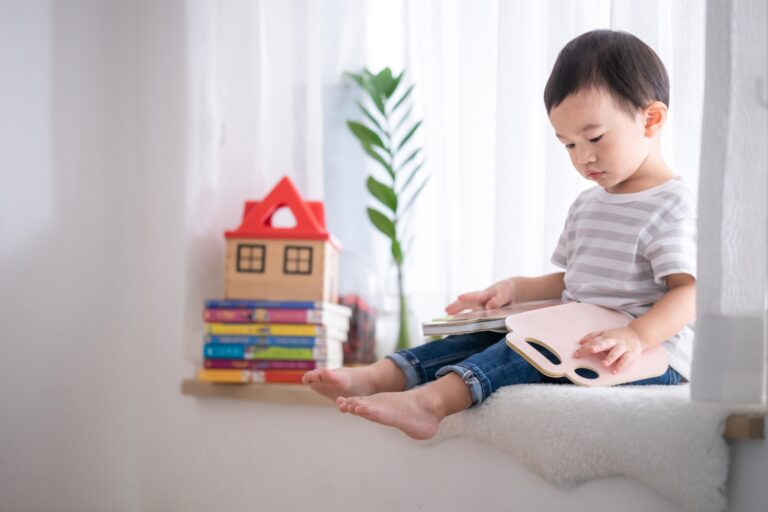
Since the brain of children over 2 years old is more mature, parents can let children over 2 years old use TV and computer to learn in a limited way. The time should be no more than 15 minutes a day as a starting point, and older children can watch a little more. As children grow older, the high-frequency flicker of the computer or TV will have a relatively lesser impact on brain development.
Multi-learning mode is recommended
Although displays have an effect on children’s attention span, I do not believe that using TV and computers for learning is undesirable. Multimedia or computer programs can make learning more interesting and interactive, so that children can enjoy learning more and learn more quickly. However, in addition to using interactive multimedia for learning, children also need to adapt to other less interactive learning modes, such as books and one-way lectures, and find the fun in learning.
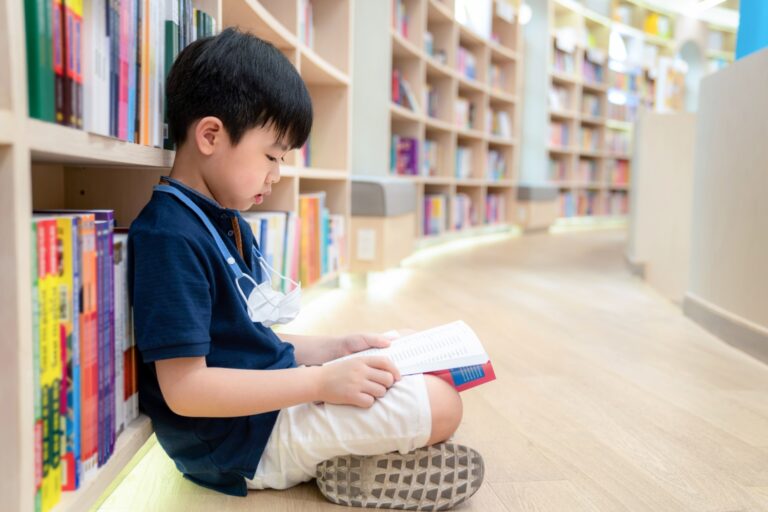
Parents should provide their children with a variety of learning channels, such as taking them to the library, playing educational games with them, visiting museums, going for walks on nature education trails, or even teaching them to read the English menu at restaurants, etc., so that they can try different learning modes and methods to find the joy of learning.
Educating your child is for primary school? Parent-child education is more important
- Post author By system
- Post date 01/11/2022
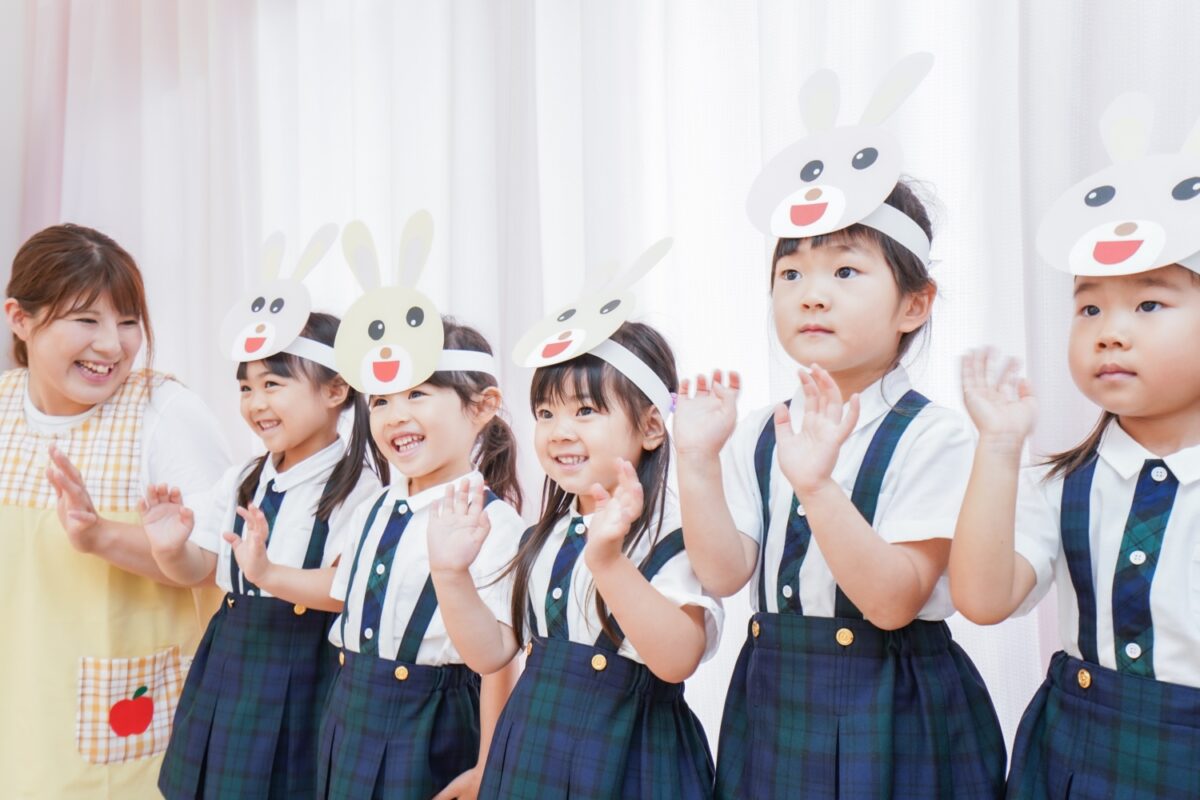
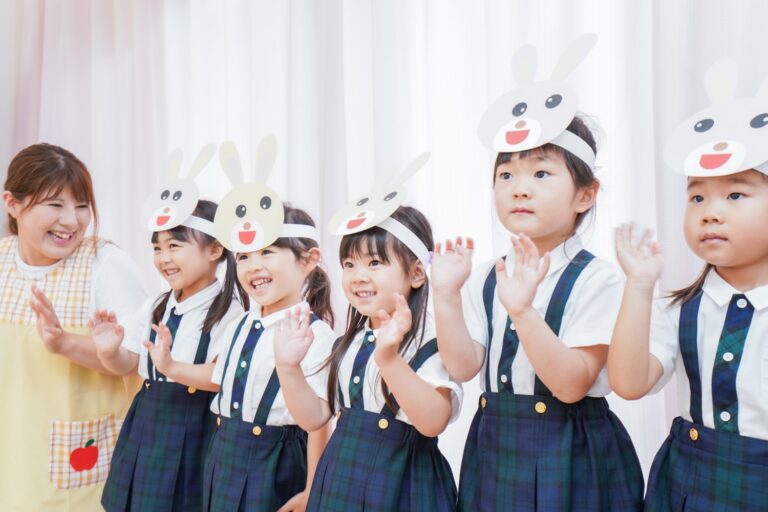
Written by: Octopus parent, Mr. Leung Wing Lok
I remember when my eldest son, Hay, was in K1, I wrote, “Son, are you happy to start school? I ask my child “Are you happy?” one school year later. I don’t have to consider answer. My wife and I are very happy and thankful for the love and effort of the kindergarten, and Hay is very happy every day and is eager to go to school every day (especially to meet the teachers). Someone reminded me, “I’ll ask you again when you’re ready to apply for Primary One, are you happy? It’s just like a tray of cold water pouring on me.
Entering elementary school becomes the biggest shadow for parents?
I have heard many parents tell me that the biggest shadow in the three years of kindergarten is the promotion to primary school, how much do I have to do for my child? Should we arrange for interview classes? Should we take remedial classes in English or manners (no mistake, there are really training classes in the market to take remedial classes in manners)? Or is it enough to have 16 out of 18 arts? Or should we learn a cold skill to stand out from the crowd? For example, learning magic or acrobatics. Both parents and children are busy remembering to enjoy happy parent-child time, especially when all activities have a purpose, the mentality changes accordingly, and children may no longer be interested in interest classes.
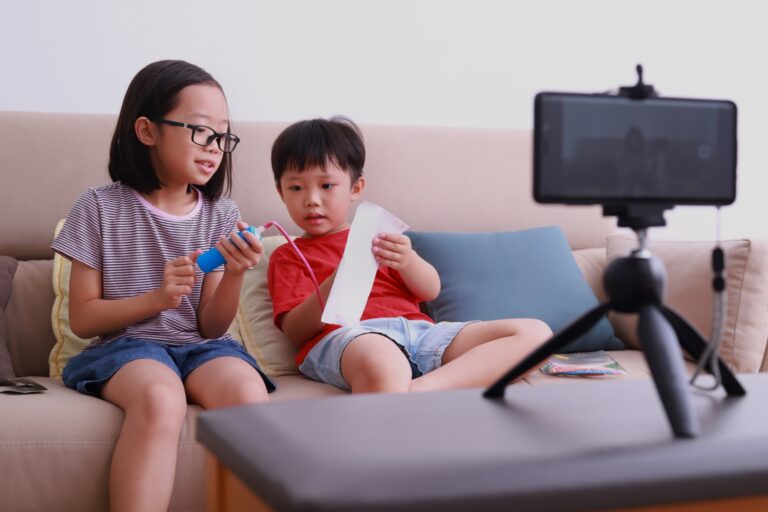
Parents are worried about choosing their favorite elementary schools and making a resume
Especially when K3 students enter the “school enrollment season” in June, parents and children are faced with the choice of enrolling in 10 or 8 elementary schools. As a father, you would like to enroll in only one or two elementary schools of your choice, but will you be able to bear the responsibility of “no school for your son”?
Another problem is to make a resume, how beautiful does it have to be? Many schools say they will only accept a maximum of four pages, but I have seen other parents writing “work reports” for their children that are as thick as prospectuses and as beautiful as the Apple computer’s profile book. If you look at your child, you don’t see that he is particularly awake, nor is he a super “pretty boy”, are you brave enough to make a 4-page resume?

“The choice between “promotion to primary school” and “being a human being
To sum up what Hay has learned in kindergarten over the past year. The most precious thing is not how good the “academic performance” is, but learning to get along with others and being polite. Of course, I am most grateful for the teacher’s special instruction to Hay to “love Daddy and work hard”, so that I can change from “someone I don’t see all the time” to “someone I cherish seeing” in my child’s mind. This kind of education may not be helpful for the promotion to primary school, but it is a value that is cherished between parents and children for a lifetime
Think about it, does kindergarten specialize in nurturing your child to “go on to primary school” or to “be a human being”? Similarly, as a parent, do you educate your child only for the purpose of “moving up to primary school”?
